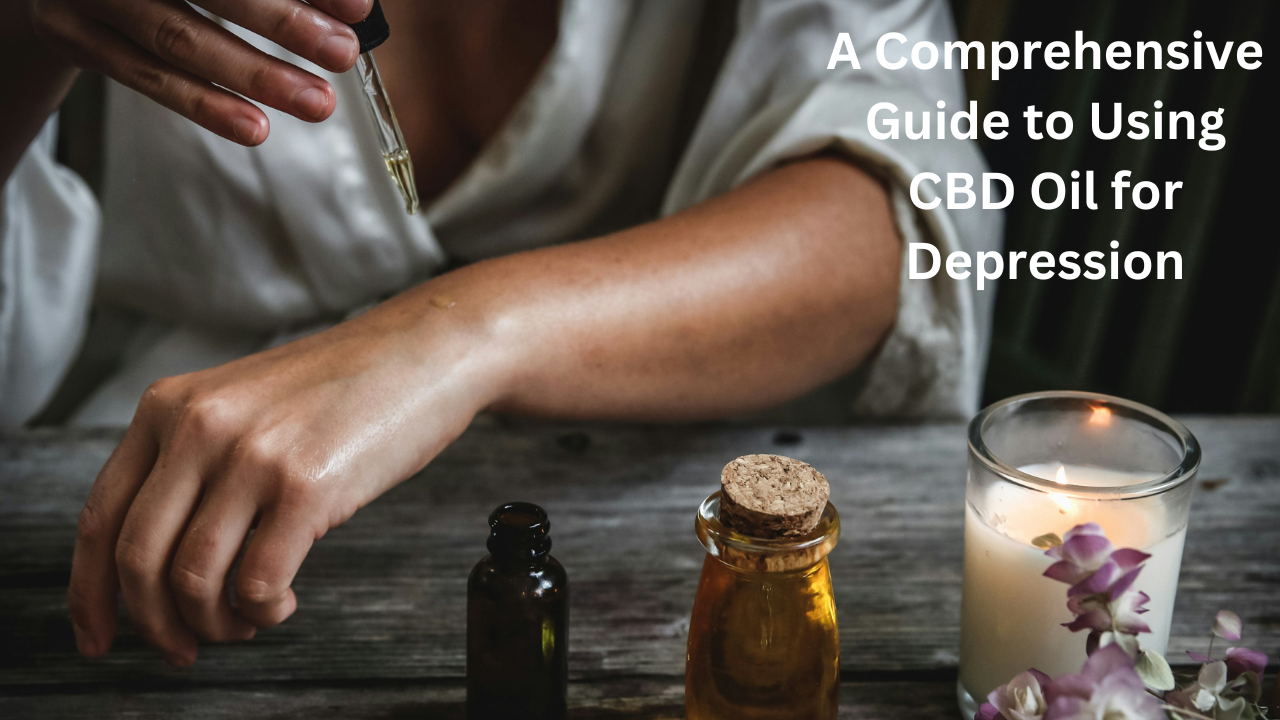Gastroesophageal reflux disease (GERD) is a common condition that affects millions of people worldwide. It occurs when stomach acid frequently flows back into the esophagus, irritating its lining. While GERD itself can cause discomfort, including heartburn and acid reflux, it can also lead to more severe complications over time, such as esophageal obstructions. Understanding the connection between GERD and esophageal obstructions is crucial for managing these conditions and preventing long-term damage.
What is GERD?
GERD is a chronic digestive disorder when the lower esophageal sphincter (LES) fails to close correctly after food enters the stomach. The LES is a ring of muscle at the bottom of the esophagus that acts as a valve, preventing stomach contents from flowing back into the esophagus. When the LES weakens or relaxes abnormally, stomach acid and digestive juices can move back into the esophagus, causing irritation and inflammation.
Symptoms of GERD can vary, but they often include:
- Persistent heartburn
- Acid reflux
- Regurgitation of food or sour liquid
- Difficulty swallowing
- Chest pain, especially when lying down
Over time, GERD can lead to more severe complications, one of which is esophageal obstruction.
Understanding Esophageal Obstructions
Esophageal obstruction occurs when the esophagus becomes wholly or partially blocked, preventing food and liquids from passing through. This condition can result from various factors, including scar tissue, tumors, or impacted food. Esophageal obstructions can be highly uncomfortable and may require medical intervention if not addressed promptly.
Common causes of esophageal obstructions include:
- Strictures: These are narrowings of the esophagus that can develop due to chronic inflammation caused by GERD. Repeated exposure to stomach acid can lead to scarring and the formation of strictures, making it difficult for food and liquids to pass through the esophagus.
- Esophageal Rings: These are abnormal rings of tissue that form in the lower esophagus, often due to GERD. These rings can cause narrowing of the esophagus, leading to difficulty swallowing and an increased risk of food impaction.
- Esophageal Tumors: In some cases, GERD can increase the risk of developing esophageal cancer, which can lead to the growth of tumors that obstruct the esophagus.
- Food Impaction: Large pieces of food or poorly chewed food can become lodged in the esophagus, significantly if there is already narrowing due to GERD-related strictures or rings.
The Connection Between GERD and Esophageal Obstructions
The connection between GERD and esophageal obstructions lies primarily in the chronic inflammation and damage GERD can cause to the esophagus. Here’s how GERD can lead to esophageal obstructions:
- Chronic Inflammation and Scarring: GERD causes repeated exposure of the esophagus to stomach acid, leading to chronic inflammation of the esophageal lining. Over time, this inflammation can cause scarring, which results in the formation of strictures. These strictures narrow the esophagus, making it more difficult for food and liquids to pass through and increasing the risk of obstruction.
- Formation of Esophageal Rings: In some individuals with GERD, the constant acid reflux can lead to the development of esophageal rings, also known as Schatzki rings. These rings are bands of tissue that form near the junction of the esophagus and stomach, narrowing the esophagus and making it more susceptible to obstruction.
- Increased Risk of Esophageal Cancer: Chronic GERD is a known risk factor for Barrett’s esophagus, in which the regular esophageal lining changes to a lining similar to the intestine. Barrett’s esophagus increases the risk of developing esophageal adenocarcinoma, a type of cancer that can cause esophageal obstructions due to tumor growth.
- Food Impaction: When the esophagus is narrowed due to strictures or rings, food can quickly become lodged, leading to obstruction. Individuals with GERD are at a higher risk of experiencing food impaction, especially if they do not chew their food thoroughly or eat large bites.
Symptoms of Esophageal Obstructions Related to GERD
Recognizing the symptoms of esophageal obstructions is essential for seeking timely medical intervention. Symptoms may include:
- Difficulty swallowing (dysphagia)
- Painful swallowing (odynophagia)
- Regurgitation of food or liquids
- Chest pain or pressure
- Unexplained weight loss
- Frequent choking or gagging while eating
If you experience any of these symptoms, especially if you have a history of GERD, it is essential to consult with a healthcare provider. Early detection and treatment can prevent complications and improve outcomes.
Managing GERD to Prevent Esophageal Obstructions
Preventing esophageal obstructions often involves managing GERD effectively. By controlling GERD symptoms and reducing acid reflux, you can minimize the risk of developing strictures, rings, and other complications that can lead to obstructions. Here are some tips for managing GERD:
- Adopt a GERD-Friendly Diet: Certain foods can trigger acid reflux and worsen GERD symptoms. To manage GERD, consider adopting a diet that avoids common trigger foods such as spicy foods, citrus fruits, tomatoes, chocolate, caffeine, and fatty or fried foods. Instead, focus on a diet rich in fruits, vegetables, lean proteins, and whole grains.
- Eat Smaller, More Frequent Meals: Eating large meals can pressure the LES, leading to acid reflux. Opt for smaller, more frequent meals throughout the day to reduce the likelihood of reflux.
- Avoid Eating Before Bedtime: Lying down after eating can increase the risk of acid reflux. Avoid eating at least two to three hours before bedtime to prevent this. Elevating the head of your bed can also help reduce nighttime reflux.
- Maintain a Healthy Weight: Excess weight, particularly around the abdomen, can increase pressure on the stomach and LES, leading to GERD. Maintaining a healthy weight through diet and exercise can help reduce GERD symptoms.
- Quit Smoking: Smoking weakens the LES and increases acid production in the stomach, both of which contribute to GERD. Quitting smoking can significantly reduce GERD symptoms and protect your esophagus from damage.
- Limit Alcohol Consumption: Alcohol can irritate the esophagus and relax the LES, leading to acid reflux. Limiting or avoiding alcohol can help manage GERD and prevent complications.
- Take Medications as Prescribed: If your healthcare provider has prescribed medications to manage GERD, such as proton pump inhibitors (PPIs) or H2 blockers, take them as directed. These medications can help reduce acid production and protect the esophagus from damage.
Treatment Options for Esophageal Obstructions
If you develop an esophageal obstruction, prompt treatment is essential to restore normal swallowing function and prevent further complications. Treatment options may include:
- Endoscopic Dilation: This procedure involves using an endoscope (a flexible tube with a light and camera) to stretch and widen the narrowed areas of the esophagus. Endoscopic dilation can help relieve symptoms of obstruction caused by strictures or rings.
- Medications: If GERD contributes to the obstruction, medicines that reduce stomach acid and heal the esophagus may be prescribed. These can help prevent further narrowing and improve symptoms.
- Surgery: In severe cases, surgery may be necessary to remove tumors, repair strictures, or address other structural issues in the esophagus. Surgical intervention is typically reserved for cases where other treatments are ineffective.
- Dietary Modifications: Following a soft or liquid diet temporarily may be recommended to reduce the risk of further obstruction while the esophagus heals. Gradually reintroducing solid foods under medical supervision can help ensure safe swallowing.
Conclusion: Protecting Your Esophagus
GERD and esophageal obstructions are closely connected, with chronic acid reflux often leading to conditions that narrow or block the esophagus. By effectively managing GERD through dietary and lifestyle changes, medication, and regular medical check-ups, you can reduce the risk of developing esophageal obstructions and maintain a healthy esophagus.
If you experience symptoms of GERD or suspect an esophageal obstruction, seek medical attention promptly. Early intervention can prevent complications and ensure better long-term outcomes. Protecting your esophagus is essential for maintaining your overall digestive health and quality of life.

















